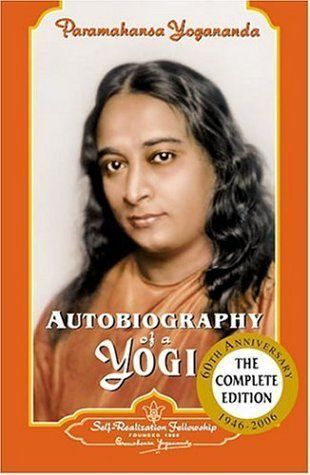
Reviews
Arihant Verma@arihant
Brigid prior @ingridditta
Diana Platgalve@dianaplatgalve
Ervin Szerdocz@ervin
T.A.V@tav
Adam@adam
Mythily Ravi@mythily
Mariano Werneck@mwerneck
Naveen@naveen
Levi B@levibe
Jose Szucs@jfszucs
Savan Bellur@sbellur
The Rabid Geek@therabidg33k
Nitin Khanna@nitinkhanna
Ayesha ahmed@ayeshaa
bcm@bcm
Mehul Srivastava@mehulmehul
Mithesh Gawande@thechaisamurai
Akshay Vadher@akshay_vadher
Rami@rami_sedom
Bob Ackerly@backerly
Mounir Bashour@bashour
Shikhar Jaiswal@shikhar
Andrew Ireland@aireland92
Highlights
Emily@emilywright
Eternal Endeavor@eternalendeavor
Page 92